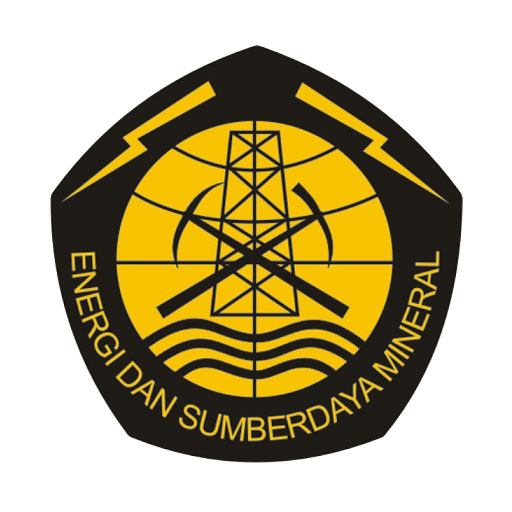
Profil Mitra

The Directorate-General of New Renewable Energy and Energy Conservation of Republic of Indonesia
The Directorate-General of New Renewable Energy and Energy Conservation (DGEBTKE) formally established by Presidential Decree No. 24/2010 concerning Position, Duties, and Functions of the Ministries and Organizational Structure, Duties, and Functions of Echelon 1 of Ministries .
The urgency of the role of renewable energy in the national energy sector has been increasingly perceived. Various policies have been issued to encourage the development of renewable energy. The DGEBTKE formation is one of the important breakthrough from the government. The EBTKE sectors were handled separately in different directorates in the Ministry of Energy and Mineral Resources. In general, the EBTKE sector was handled by one of the existing directorate within the Directorate General of Electricity and Energy Utilization, namely the Directorate of New Renewable Energy and Energy Conservation. For specific types of renewable energy are handled separately by the other directorates. For example Geothermal and Groundwater Management in the Directorate General of Mineral, Coal and Geothermal. The Biofuel Policy and Commerce handled by the Directorate General of Oil and Gas.
With the growing of the importance of EBTKE role, the Indonesian government needed to establish an Echelon 1 level organization with the aim of increasing a better cooperation between stakeholders in EBTKE so that the 17 % of EBTKE role as targeted in Presidential Decree No. 5/2006 and elasticity of energy less than 1 can be achieved. All of this will lead to the “Green Indonesia”.
Master Plan for Energy Diversification:
From the supply side, it is also important to formulate a Master Plan for Energy Diversification (RIDEN). It will be a guide for planning the provision of energy to fossil energy rationalization and preparing a plan for renewable energy to take on a bigger role.
In general, RIDEN divided into two groups: a Master Plan for Development of Renewable Energy (RIPEBAT) -which is currently being adjusted, and a Master Plan in the field of fossil energy to rationalize the role of fossil energy in the national energy mix.
Clean Energy Development
In the context of climate change, we cannot be separated the issue from the development of clean energy. A better utilization of energy resources -fossil and renewable energy resources, is very influential in the contribution of energy sector to the greenhouse gas emissions.
Directorate General of New Renewable Energy and Energy Conservation is currently preparing a program “Reducing Emissions from Fossil Fuel Burning” (REFF-Burn). The program covers three stages of reducing greenhouse gas emissions: pre-fossil combustion (prevention), during combustion of fossil (deterrence), and a post-fossil combustion (reduction), also known as “CEKALANG” Program.
The program will integrate all existing clean energy activities in the Ministry of Energy and Mineral Resources into an integrated program. The implementation is still carried out by the each Directorate General.
